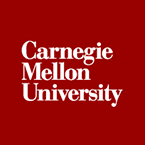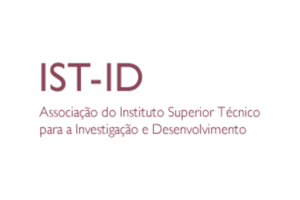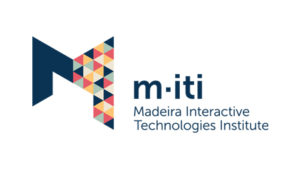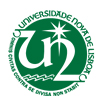AHA – Augmented Human Assistance (CMUP-ERI/HCI/0046/2013)
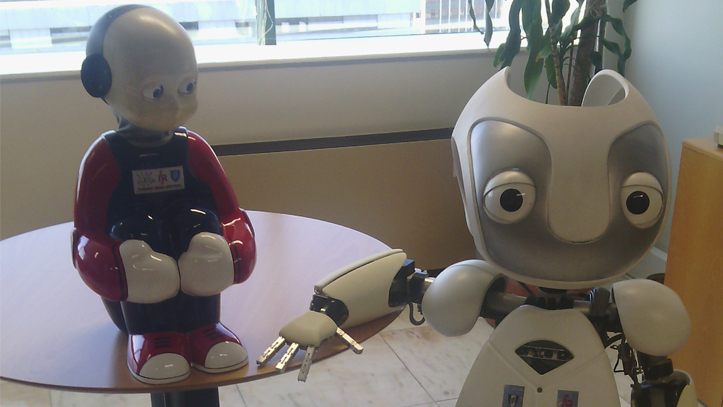
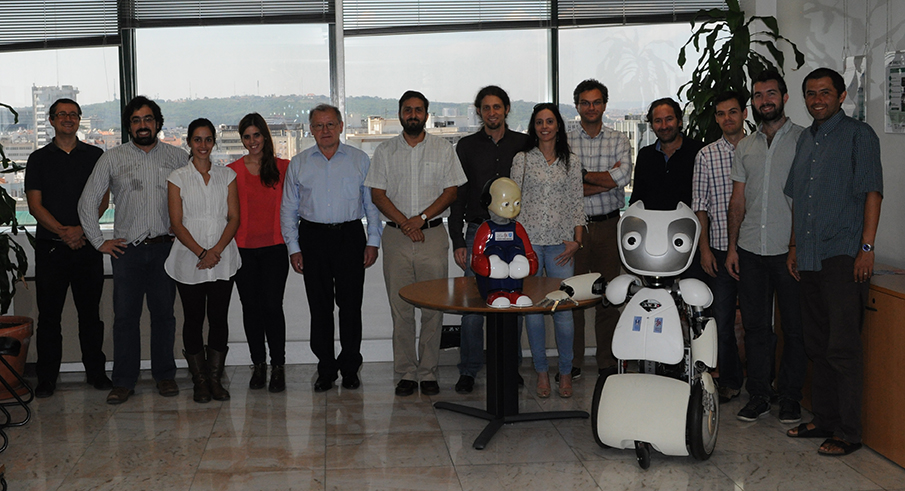
The “AHA: Augmented Human Assistance” project is a novel, integrative and cross-disciplinar approach of 4 portuguese universities, CMU and 2 portuguese industry partners that combines innovation and fundamental research in the areas of human computer interaction, robotics, serious games and physiological computing.
AHA’s goal is to develop a new generation of ICT based solutions that have the potential to transform healthcare by optimizing resource allocation, reducing costs, improving diagnoses and enabling novel therapies, thus increasing quality of life.
The project proposes the development and deployment of a novel Robotic Assistance Platform designed to support healthy lifestyle, sustain active aging, and support those with motor deficits.
The AHA project will develop a novel and modular set of ICT based solutions that in isolation or integrated as a Robotic Assistance Platform will address:
1. Physical (re)training: Building on the existing expertise on Augmented Reality (AR) and serious games, we propose to develop adaptive AR physical training tools that deliver online feedback on performance to prevent sedentarism, support active aging and provide personalized tools for function re-training in motor impaired patients.
2. Increasing self-awareness: Monitoring of user state by means of biosensors, computer vision systems and exercise performance data. User state will beassessed in a transparent manner and data will be visualized through friendly user interfaces, and shared with patients, clinicians and/or relatives.
3. Augmented assistance: The above systems will be integrated on a mobile robotic platform with indoor navigation capabilities (in environments such as senior houses and hospitals) that will interact through a virtual coach system to monitor patients, provide reminders on tasks, guide patients through exercises, and assist them in daily routines.
Visit the project website: http://aha.isr.tecnico.ulisboa.pt/

